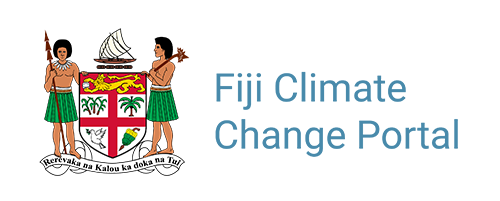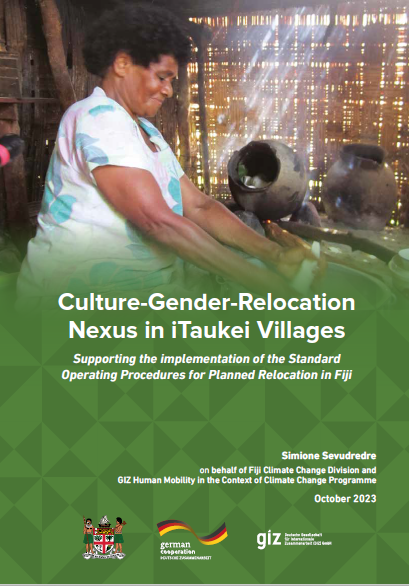
Regional Talanoa on Climate Induced Planned Relocation
07/11/2023
National Inventory Report (NIR) of Fiji
07/02/2024The indigenous people of Fiji are part of an oceanic migratory wave whose first settlers arrived around 1500 BC. Living as farmers, foragers and fishermen, the early Fijians developed ontologies extrapolated empirically through living closely in tune with nature and the elements. Skills, values and attitudes that evolved from this early culture were transmitted through the generations with each generation adapting accordingly. Internal and external migration and relocation was very common by these early Fijian ancestors who were flexible and adaptable in the pursuit of survival.
Climate change impacts are resulting in the devastating loss and damage of tangible and intangible cultural assets of our indigenous communities in Fiji and across the Pacific. Communities are forced to move and, in the process, leave behind or lose pieces of their cultural identity.
There are invaluable strengths and lessons to be drawn from the oral history and tradition of the indigenous Fijians. To recognise and relearn these valuable precedents requires the decolonizing of the mind of both implementers of climate relocation and the indigenous iTaukei villages. This approach is not the panacea to the climate relocation conundrum, rather they can begin to provide solutions on what works better for the indigenous Fijian communities living in Fiji.
Download the document: Culture-Gender-Relocation Nexus in iTaukei Villages


